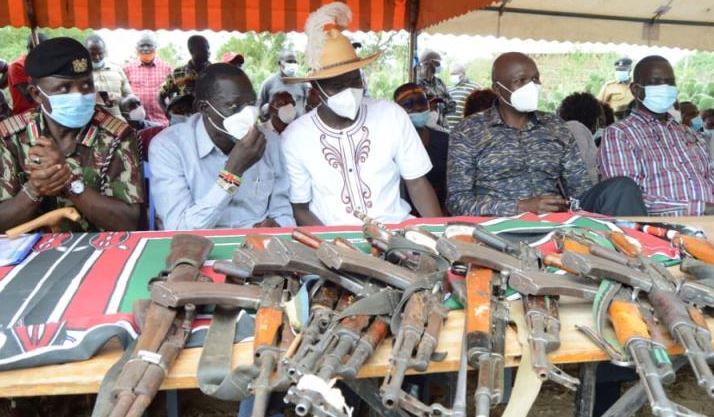×
The Standard e-Paper
Fearless, Trusted News

Regional coordinator George Natembeya. [Yvonne Chepkwony, Standard]
For years, police have been working to contain insecurity in the killing fields of Kapedo in Baringo County.